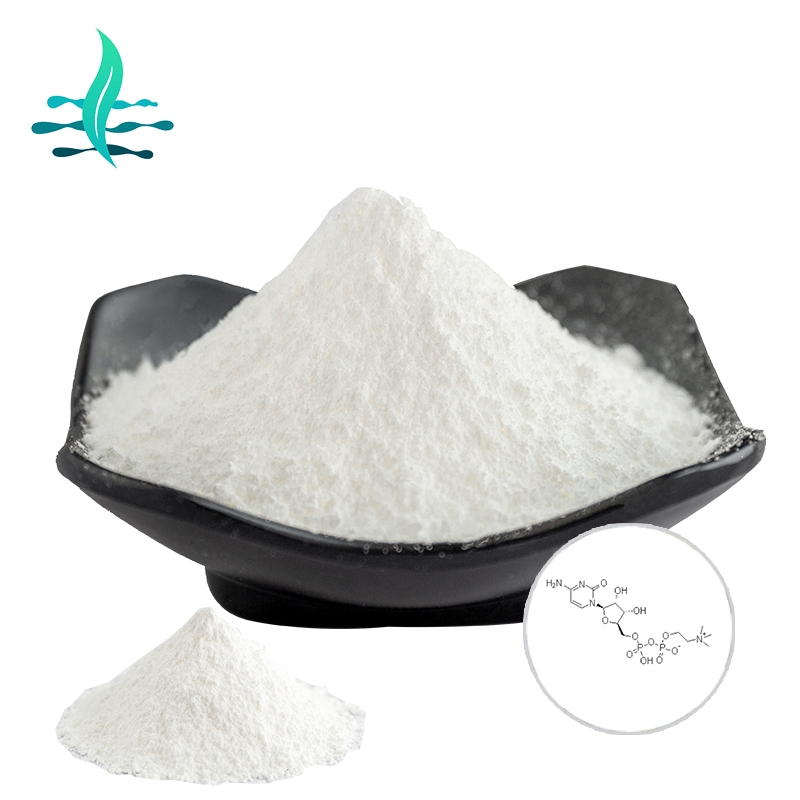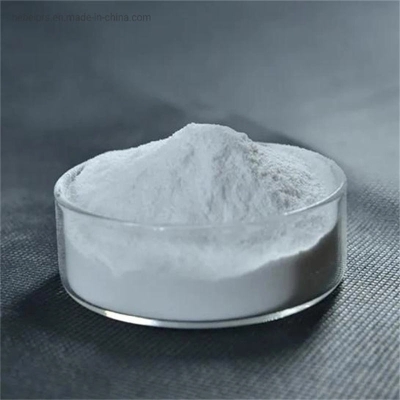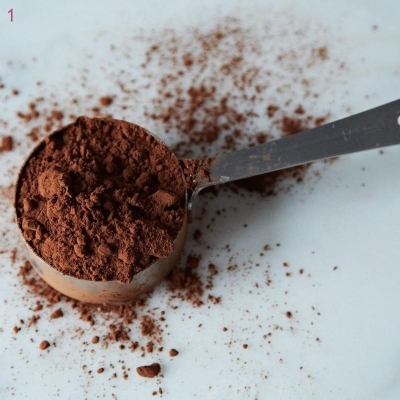A new potential drug -- milk thistle extract stops the growth of colorectal cancer stem cells
-
Last Update: 2015-04-28
-
Source: Internet
-
Author: User
Search more information of high quality chemicals, good prices and reliable suppliers, visit
www.echemi.com
At the 2015 annual meeting of the American Association for cancer research (AACR), scholars from the University of Colorado presented the latest research results on the ability of oral silibinin, a new potential drug for colorectal cancer treatment, to slow down the growth of colorectal cancer stem cells After silibinin treatment, the tumor stem cells sampled were reinjected into the new model, and the cells failed to develop the same aggressive tumor, even without silibinin Silybin is a nontoxic and potential chemical preventive agent in milk thistle seeds At last year's AACR annual meeting, Dr Agarwal and his colleagues found that silybin in cell cultures affects cell signaling related to the formation and survival of colorectal cancer stem cells Now, this promising study extends to this mouse model The researchers implanted colorectal cancer stem cells into mice that were fed with or without silybin Tumor growth was measured by visible size measurements, MRI scans, and tumor metabolic rate (glucose use) Tumor stem cells from the mice were then reinjected into the next generation of mice to measure tumor growth patterns without silybin "In mice fed with silibinin, the number of tumor stem cells was small, the tumor volume was small, the metabolism level was low, and the new vascular growth level was decreased More importantly, mice fed with silybin lost their ability to divide and reproduce Dr Rajesh Agarwal concluded The researchers say they've been working on the research, from silybin itself to its chemoprevention in colorectal cancer The current research is verifying an important point: the possible chemopreventive properties and therapeutic effects are observed in animal models at the same time The discovery of specific molecular mechanism still needs some research, and the human clinical experiment of silibinin in cancer prevention and treatment is also planned.
This article is an English version of an article which is originally in the Chinese language on echemi.com and is provided for information purposes only.
This website makes no representation or warranty of any kind, either expressed or implied, as to the accuracy, completeness ownership or reliability of
the article or any translations thereof. If you have any concerns or complaints relating to the article, please send an email, providing a detailed
description of the concern or complaint, to
service@echemi.com. A staff member will contact you within 5 working days. Once verified, infringing content
will be removed immediately.







